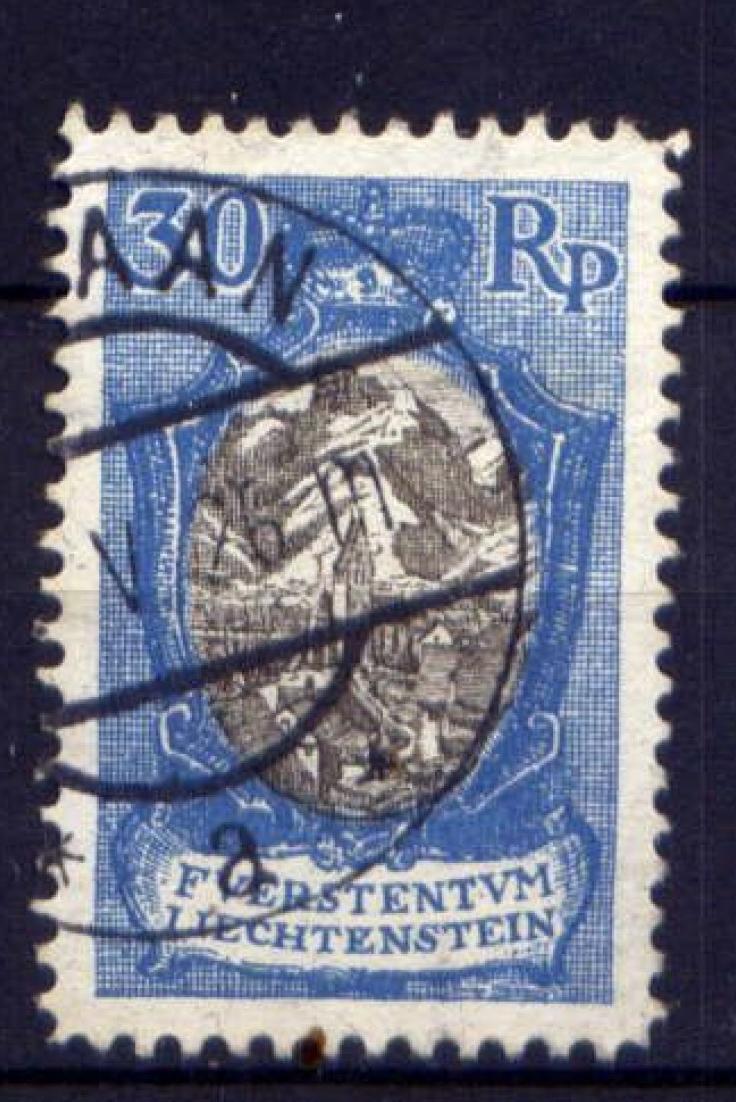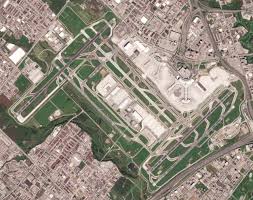
Introduction
Liechtenstein, a small landlocked principality nestled between Switzerland and Austria, is often overshadowed by its larger neighbors. However, this charming microstate boasts a rich history, vibrant culture, and breathtaking natural landscapes, making it an intriguing destination for travellers and scholars alike. Its significance lies not just in its picturesque views but also in its role as a financial hub and a model of economic stability.
Historical Context
Liechtenstein’s history dates back to the early 14th century, with its establishment as a principality in 1719. The country has maintained its sovereignty throughout the centuries, even as Europe underwent significant changes. The principality is governed by Prince Hans-Adam II, who has played a pivotal role in modernizing the state’s functions while retaining its traditional roots.
Current Events and Attractions
In recent years, Liechtenstein has emerged as an attractive destination for tourists seeking both adventure and relaxation. With its breathtaking Alps, including the famous Grauspitz, the highest mountain in the country, it offers excellent opportunities for skiing, hiking, and mountain biking.
In 2023, the capital city, Vaduz, is set to host several cultural events, including the renowned Liechtenstein National Museum’s exhibit highlighting the country’s extensive art collection. The introduction of new eco-friendly tourism initiatives is also aimed at ensuring sustainable travel practices that protect the natural beauty of this microstate.
Economic Significance
Liechtenstein is known for its robust economy, primarily based on finance, services, and manufacturing. It is home to hundreds of international companies and offers attractive tax incentives, which have made it a favorable location for business investment. Recent changes in European Union regulations have posed challenges, but the country’s adaptability ensures it remains competitive.
Conclusion
In summary, Liechtenstein may be small in size, but its impact stretches far beyond its borders. As it continues to embrace modernity while honoring its history, Liechtenstein stands as an example of how a microstate can thrive in today’s globalized world. With its stunning landscapes, rich culture, and strong economy, it offers valuable insights into sustainable development and resilience. For those seeking a unique travel experience or a case study in effective governance, Liechtenstein is a destination worth exploring.






